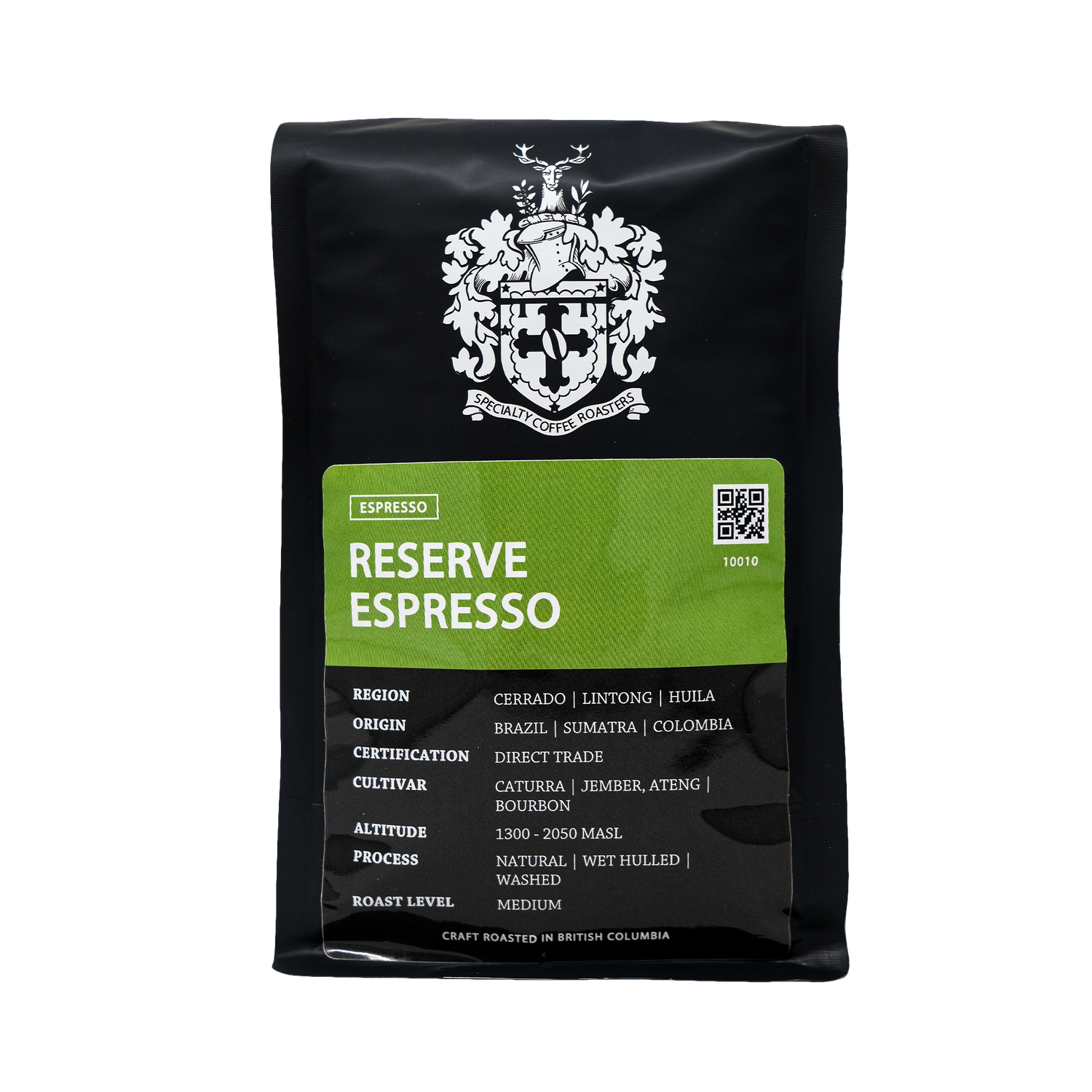Indonesia is a treasure trove of specialty coffee, and among its many distinguished coffee-producing regions, Lintong, Sumatra, stands out as one of the most celebrated. Known for producing some of the best coffee in Sumatra, Lintong is a region that continues to impress coffee connoisseurs and specialty coffee lovers worldwide.
If you’re searching for the finest Indonesian coffee, look no further than Lintong’s full-bodied, complex, and flavour-rich beans. In this article, we’ll explore what makes Lintong coffee unique, why it’s a top choice for specialty coffee enthusiasts, and how it compares to other famous Indonesian coffees.


